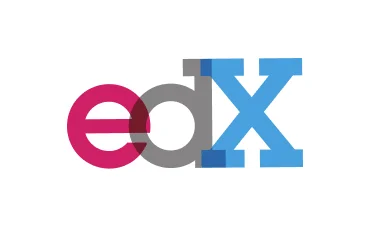When you enroll through our links, we may earn a small commission—at no extra cost to you. This helps keep our platform free and inspires us to add more value.

IBM: Introduction to Containers, Kubernetes and OpenShift
This course introduces you to containers and its emerging ecosystem of related technologies such as Docker, Kubernetes, OpenShift, and Istio. You will not only understand the concepts but also practice hands-on in the cloud.

This Course Includes
 edx
edx 3.7 (10 reviews )
3.7 (10 reviews ) 5 weeks at 2-3 hours per week
5 weeks at 2-3 hours per week english
english Online - Self Paced
Online - Self Paced course
course IBM
IBM
About IBM: Introduction to Containers, Kubernetes and OpenShift
Please Note: Learners who successfully complete this IBM course can earn a skill badge — a detailed, verifiable and digital credential that profiles the knowledge and skills you’ve acquired in this course. Enroll to learn more, complete the course and claim your badge!
In this course designed for beginners, You will learn how to build cloud native applications using current containerization tools and technologies such as containers, Docker, container registries, Kubernetes, OpenShift, and Istio. And also how to deploy and scale your applications in any public, private, or hybrid cloud.
By the end of the course, you’ll be able to build a container image, then deploy and scale your container on the cloud using OpenShift.
If you understand basic cloud and programming concepts, and your career path includes roles such as cloud developer, cloud architect, cloud system engineer, DevOps engineer, and cloud networking specialist, this course is for you!
What You Will Learn?
- Using containers, learn how to move applications quickly across any environment..
- Build cloud native applications using Docker, Kubernetes, OpenShift, and Istio..
- Describe and leverage Kubernetes architecture to set up and use an entire lifecycle-based container management system..
- Create and leverage a YAML deployment file to configure and create resources such as pods, services, replicasets, and others in a declarative way..